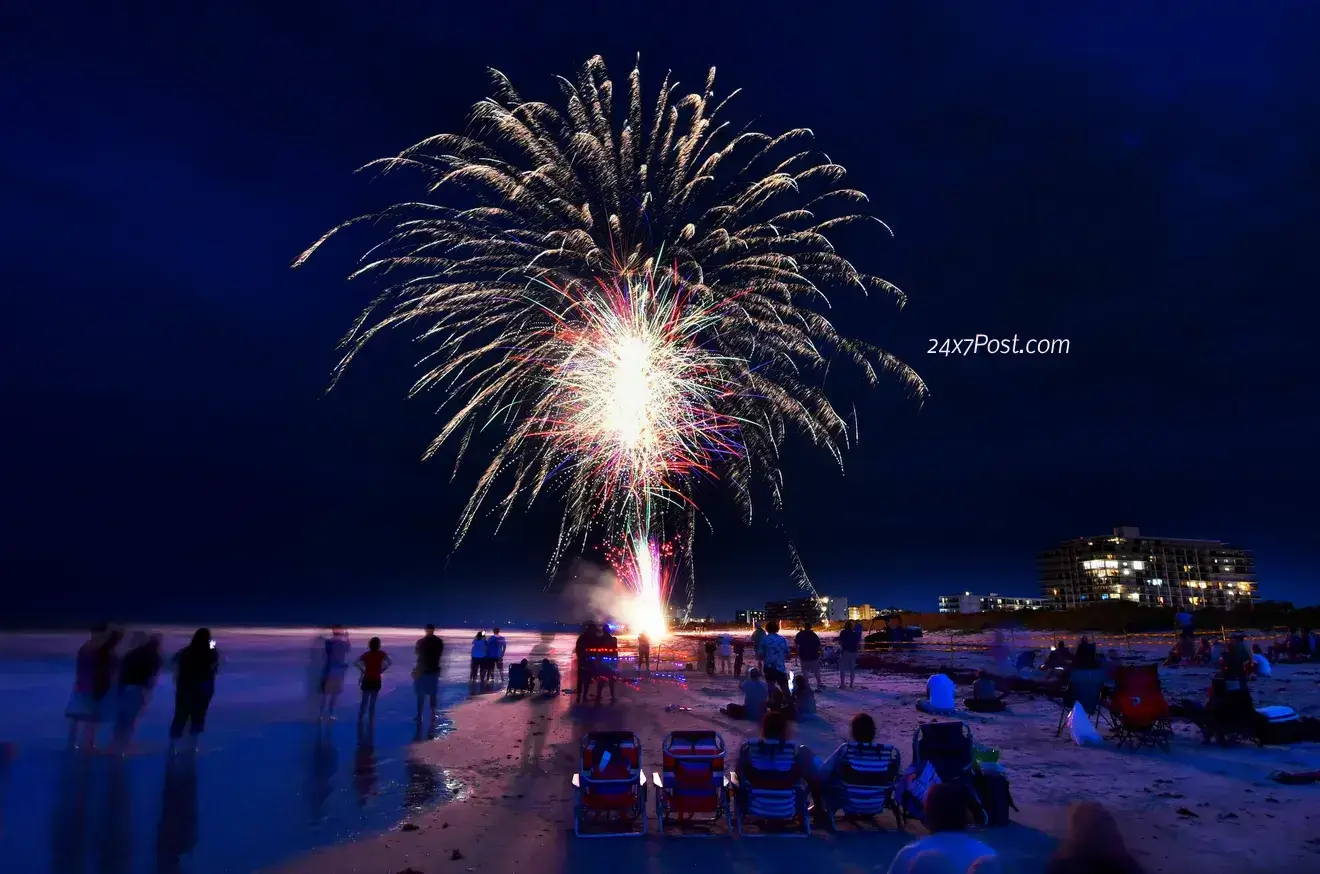The celebration of American Independence Day on July 4th has long been associated with fireworks displays across the country. However, not everyone shares the same enthusiasm for these explosive festivities. The personal dislike for fireworks extends beyond noise disturbance, encompassing issues such as air pollution, triggering PTSD in veterans and gun violence victims, and distressing pets. This divide over fireworks highlights a deeper conflict surrounding the right to bear fireworks and raises questions about the inclusivity of Independence Day celebrations.
For individuals like Madison May Jones, a 49-year-old veteran from Seattle, the sound of fireworks triggers post-traumatic stress disorder (PTSD) due to her years of working as an ironworker and fear of loud sounds. Jones clarifies that she doesn’t have a problem with controlled pyrotechnic events but is affected by the spontaneous nature of fireworks. Similarly, Arielle Bowers, a 30-year-old from Tampa, Florida, experiences auditory sensory issues due to her ADHD and PTSD, making fireworks overwhelming and reminding her of her constant sense of danger.
Many individuals, like Bowers, believe that adjustments should be made to accommodate those who are sensitive to fireworks. They suggest the use of noise-buffering devices or designated areas where fireworks are limited to mitigate the negative effects on individuals with sensory issues. By promoting inclusivity, Independence Day celebrations can ensure that everyone can participate and enjoy the holiday without feeling left out or unsafe.
The distinction between fireworks and gunshots can be blurry, causing anxiety and panic among communities. Sebastian Moreno from West Virginia shares his inability to distinguish between the sounds, raising concerns about safety and the potential for misunderstanding. Incidents from previous years, such as the shooting spree in Chicago and cases of mistaken gunshots in Orlando and Harrisburg, further highlight the need for heightened awareness and safety measures during Independence Day celebrations.
Edward Avol, an expert on outdoor air pollution, emphasizes the environmental and health consequences of fireworks. The chemicals and particles released during fireworks displays contribute to air pollution, with increased sulfur dioxide levels causing irritation and bronchospasm, particularly for individuals with asthma. Additionally, the release of chemical particles into the air contradicts efforts to combat climate change, underscoring the need for responsible celebration choices.
Katrina Mitchell, a mother from Mississippi, experiences seizures triggered by flickering lights due to her epilepsy. Her condition was brought to light during a Fourth of July event when she suffered a seizure while watching fireworks. Since then, Mitchell has chosen to either watch fireworks from inside her house or refrain from looking at them altogether to avoid the risk of seizures. Her experience emphasizes the need for personal accommodation and understanding regarding fireworks and individuals with specific medical conditions.
As America’s Independence Day approaches, the celebration of fireworks reveals a division within the population. While many cherish the tradition and find joy in the displays, a significant portion of the population experiences distress or negative consequences from fireworks. Recognizing and addressing these concerns can foster inclusivity and understanding, allowing everyone to celebrate Independence Day in a way that respects diverse experiences and personal well-being. Balancing the right to bear fireworks with the well-being of individuals is essential to maintain a sense of unity and patriotism on this important national holiday.
